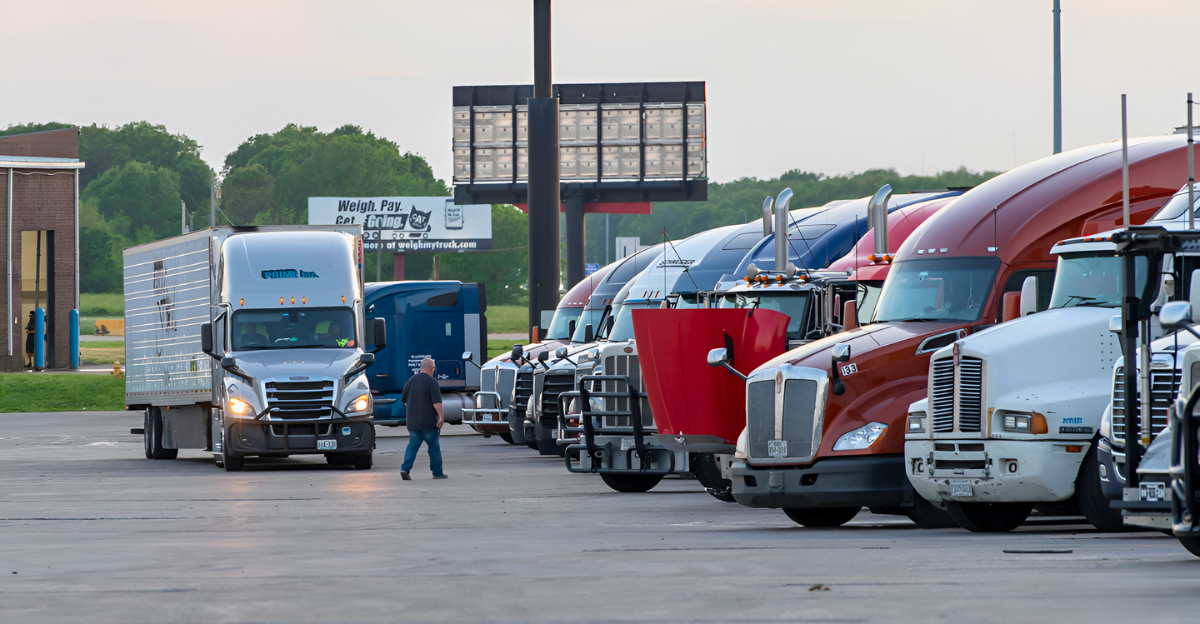
The recent layoff of 214 workers at Accelore Group in North Texas signals more than just a local job loss; it reflects a strategic realignment within Amazon’s delivery network. This move is not an industry-wide collapse but part of evolving delivery market dynamics.
Texas’s strong economy, with a 4.0% unemployment rate and ongoing job growth, suggests that demand for logistics roles remains resilient despite this setback.
Behind the Layoff Announcement

Accelore Group LLC, an Amazon delivery contractor, informed the Texas Workforce Commission of plans to cut 214 jobs in Fort Worth and Balch Springs by November 1, 2025. This notice complies with the federal WARN Act.
The affected positions predominantly include delivery associates, alongside some dispatch managers and supervisors. Amazon is working to connect these employees with openings at other Delivery Service Partners in the Dallas-Fort Worth area.
Delivery Workers Bear the Brunt

Delivery associates constitute the majority of the layoffs at Accelore, with most job losses concentrated in these frontline roles. Other impacted employees include logistics and dispatch staff.
This reduction follows Amazon’s decision to terminate its contract with Accelore, prompting the contractor’s exit from its Delivery Service Partner program.
WARN Act and Worker Assistance
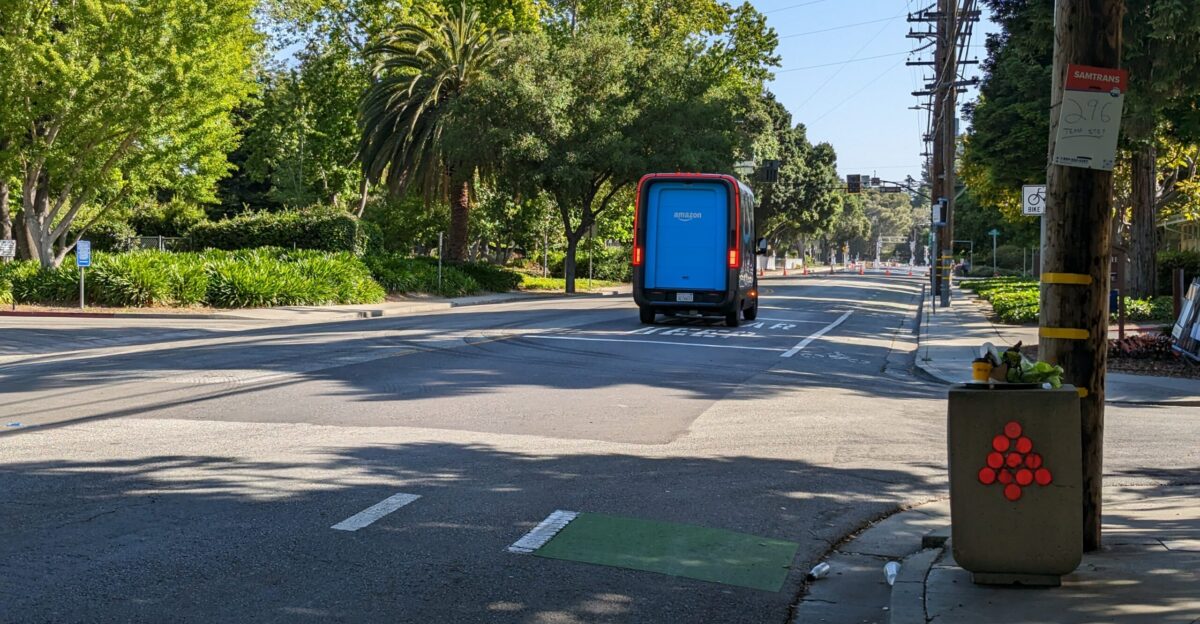
In line with federal regulations, Accelore issued a 60-day WARN Act notification to inform workers and public agencies about the mass layoffs. This ensures transparency and time to prepare.
The Texas Workforce Commission has activated its Rapid Response services, offering unemployment support and retraining programs at local Workforce Solutions offices to assist displaced employees.
Amazon’s Delivery Strategy Explored

Amazon’s Delivery Service Partner program, launched in 2018, expands last-mile delivery through partnerships with local, independent contractors like Accelore, rather than directly employing drivers.
Amazon confirmed the contract termination and stressed its commitment to helping affected drivers transition to other partners, indicating sustained delivery demand in the region.
Texas Labor Market Remains Strong

Texas boasts a 4.0% unemployment rate, below the national average, with robust growth in health services, construction, and hospitality. This job growth provides a buffer for displaced workers.
While overall 2025 job growth has softened compared to previous years, Texas continues to offer a relatively healthy labor market, especially in major industries.
Timing Hits Before Peak Season
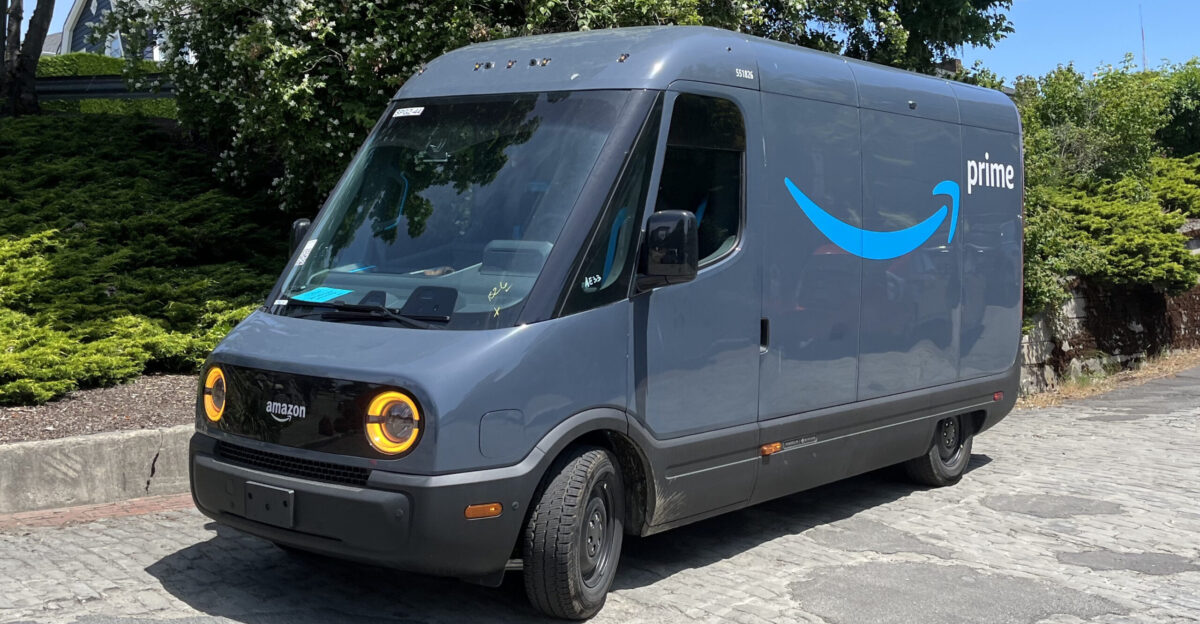
The layoffs come just weeks ahead of the busy holiday shipping season, a critical period for delivery volumes nationwide.
To minimize employment gaps, Amazon and workforce agencies are rushing to place displaced drivers in open roles within the Dallas-Fort Worth delivery network.
National Job Growth Slows Sharply
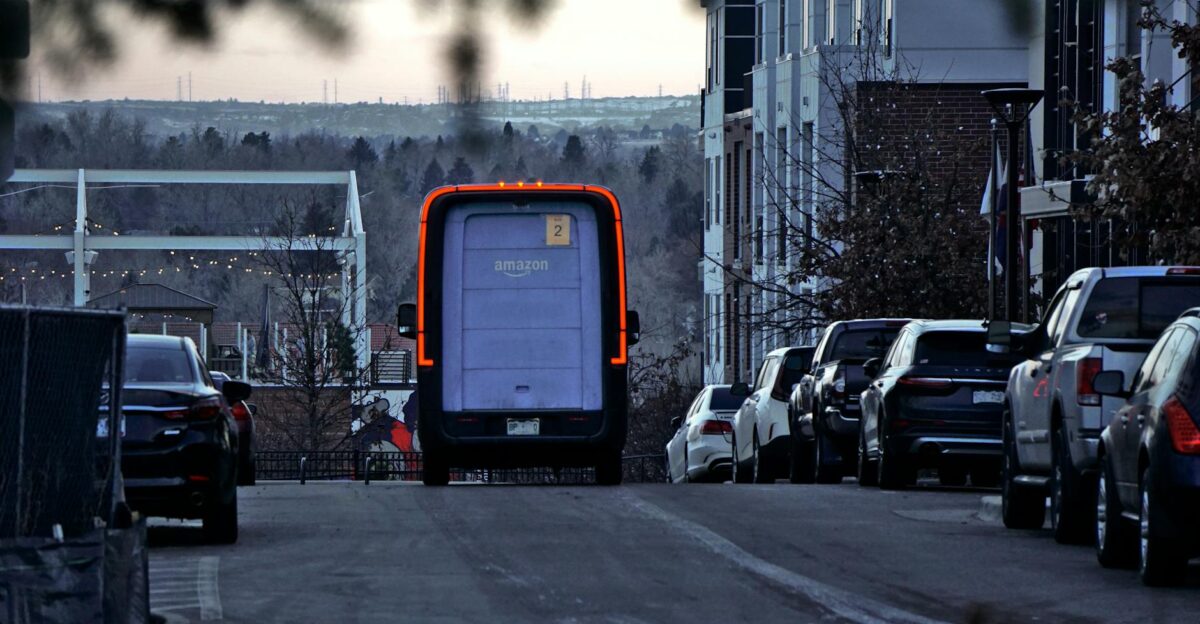
Across the U.S., job growth has decelerated sharply, with nonfarm payroll increases in the tens of thousands and unemployment rising to 4.3%. Analysts note this as the weakest labor market since early 2020.
Though this national environment poses challenges for reemployment, Texas’s local economic conditions remain comparatively favorable for job seekers in logistics.
Industry Consolidation Reflects Strategy

Similar contract terminations and layoffs at Amazon delivery contractors in Pennsylvania indicate a deliberate consolidation of the Delivery Service Partner network rather than a sector collapse.
Amazon is actively facilitating transitions for displaced drivers, maintaining workforce continuity in key regions like Dallas-Fort Worth.
Amazon Optimizes Delivery Network
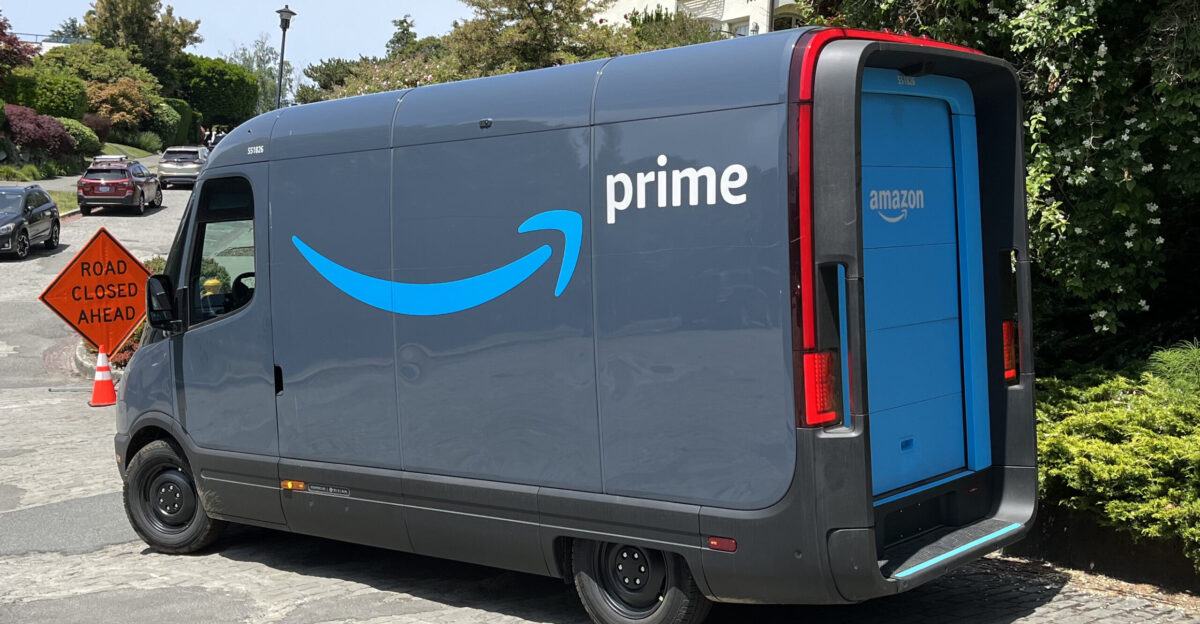
These network alterations aim to boost operational efficiency. Amazon’s contract terminations result from strategic reviews of partner productivity and routing, not random cuts.
While urban contractors may be consolidated, Amazon’s investments in rural and small-town delivery coverage show growing regional demand overall.
Logistics Industry Also Reshaping
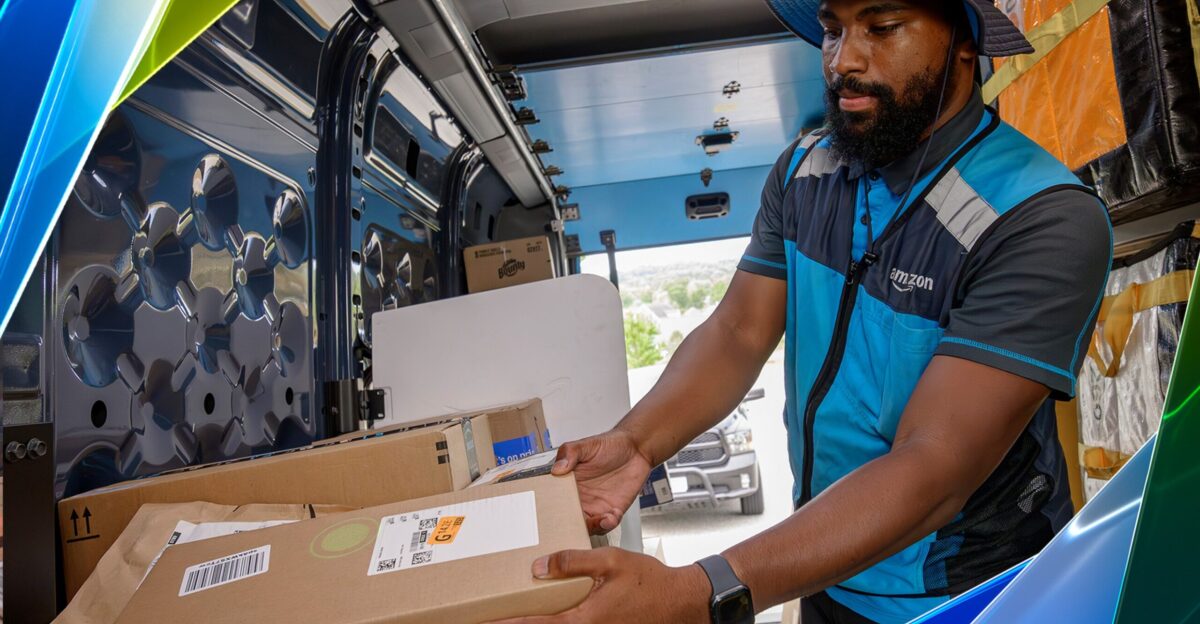
Major carriers such as UPS and FedEx have recently announced significant job cuts and facility consolidations as they pursue automation and profitability improvements.
UPS, in particular, aims to reduce reliance on lower-margin Amazon volume, shifting labor needs with increased sorting automation.
Automation’s Impact on Workforce

Technology investments in automation and route optimization are reducing the need for human labor in logistics, creating a shift towards fewer but higher-skilled roles.
Industry surveys predict this trend will continue, with workforce agencies encouraging displaced workers to seek reskilling and rapid transition support.
Texas Layoffs Within Broader Context

Compared nationally, Texas has experienced fewer layoffs and continues attracting businesses and residents. 2025 job reductions have varied by metro area and sector.
Experts highlight Texas’s diverse economy, with strength in construction, healthcare, and technology, as key to its labor market resilience.
State Support for Workers

Texas Workforce Commission and regional offices provide programs for job matching, retraining, and résumé assistance to help displaced workers return to employment.
These services are especially focused on sectors with immediate openings, such as logistics, warehousing, and construction.
National Economic Pressures Persist
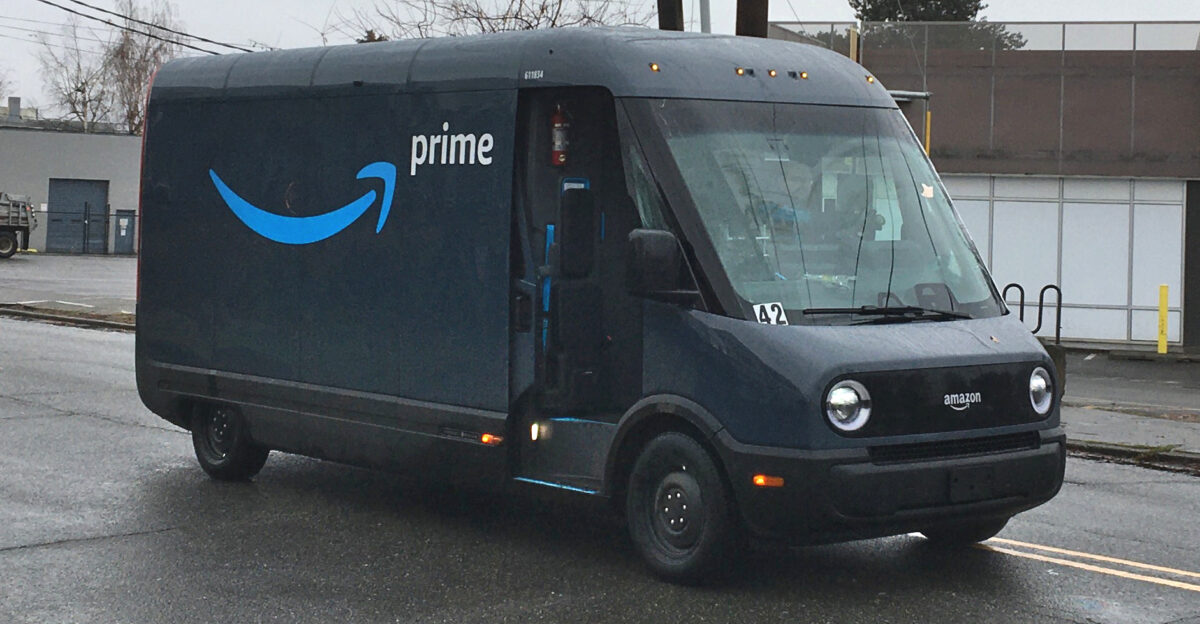
Federal employment declines, variable government spending, and tariff impacts contribute to cautious hiring. The Federal Reserve has signaled possible rate cuts to support employment amid sluggish job growth.
National immigration and trade policies also affect logistics firms by influencing labor supply and expansion plans.
Regional Economic Resilience

Texas’s energy sector, growing population, and industrial diversity provide buffers against economic shocks experienced elsewhere.
While the Accelore layoffs attract attention, the state’s low unemployment and absorption capacity demonstrate ongoing economic adaptability.
Paths Forward for Displaced Workers

Laid-off Accelore employees are prioritized for openings with other Amazon delivery partners, supported by state and local job placement programs.
With steady growth in construction, healthcare, and logistics, Texas offers tangible opportunities for swift reemployment.
Long-Term Logistics Evolution
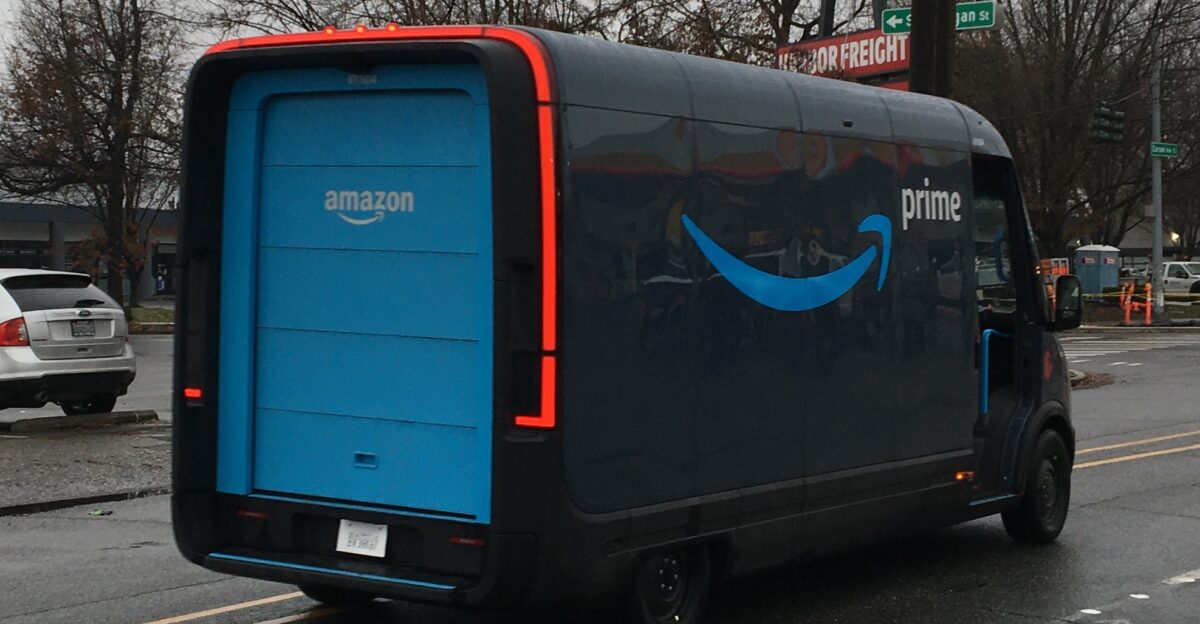
The logistics sector will keep evolving through technology, shifting customer expectations, and service models. This ongoing change will reshape labor demands.
Despite disruptions, strong consumer demand and Texas’s growth prospects are likely to sustain competitive transportation and logistics jobs.
Policy’s Role in Labor Market Health
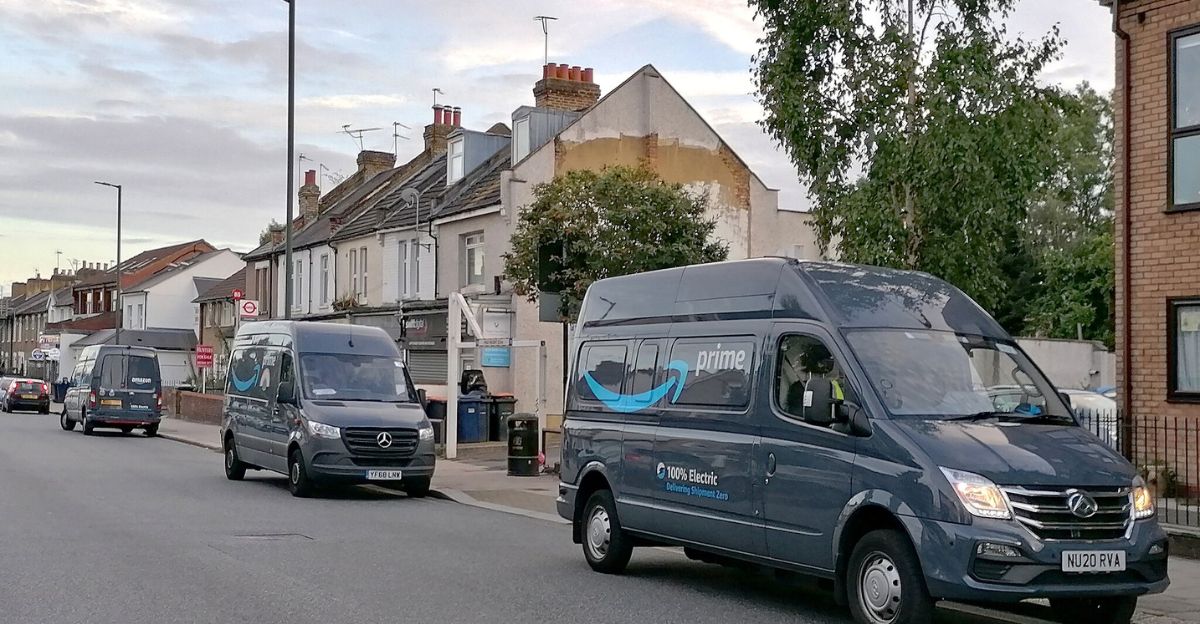
Employment, education, and economic policies at federal, state, and local levels critically impact how regions absorb labor market shocks and support displaced workers.
Regions like North Texas with strong demographic and business growth show greater resilience amid delivery industry shifts.
Insights from the Accelore Layoffs
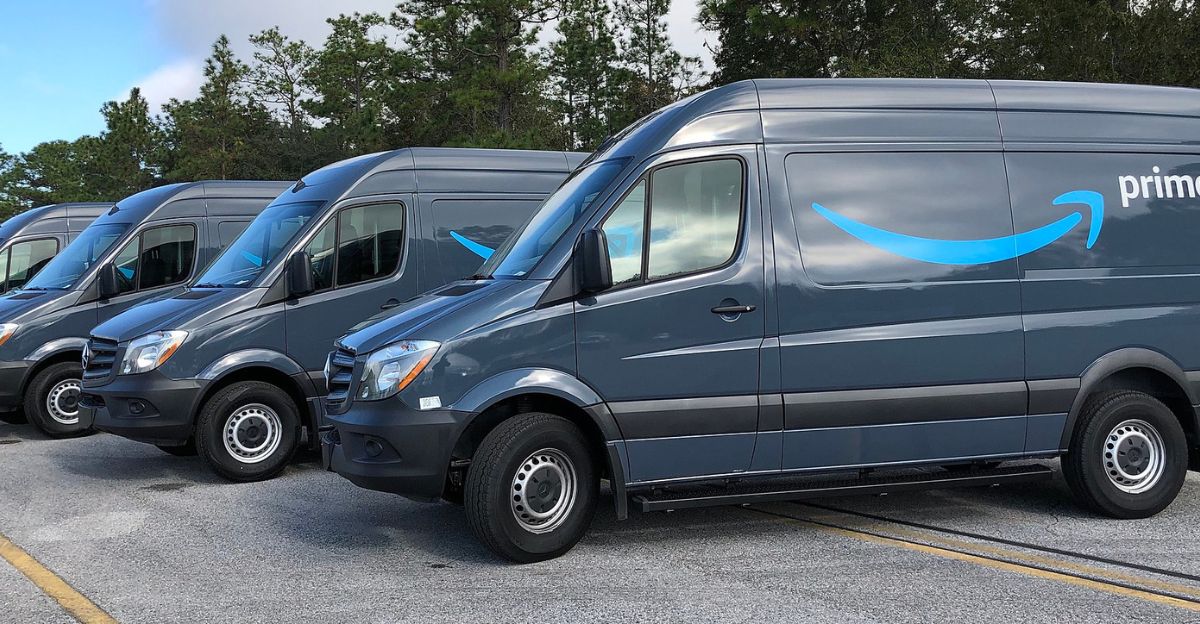
These layoffs are not signs of sector collapse but reflect managed transitions within Amazon’s contract delivery network, shaped by broader industry and regional economics.
Worker support initiatives and Texas’s economic strength suggest that displaced delivery workers will find clear paths to reemployment amid ongoing logistics transformation.